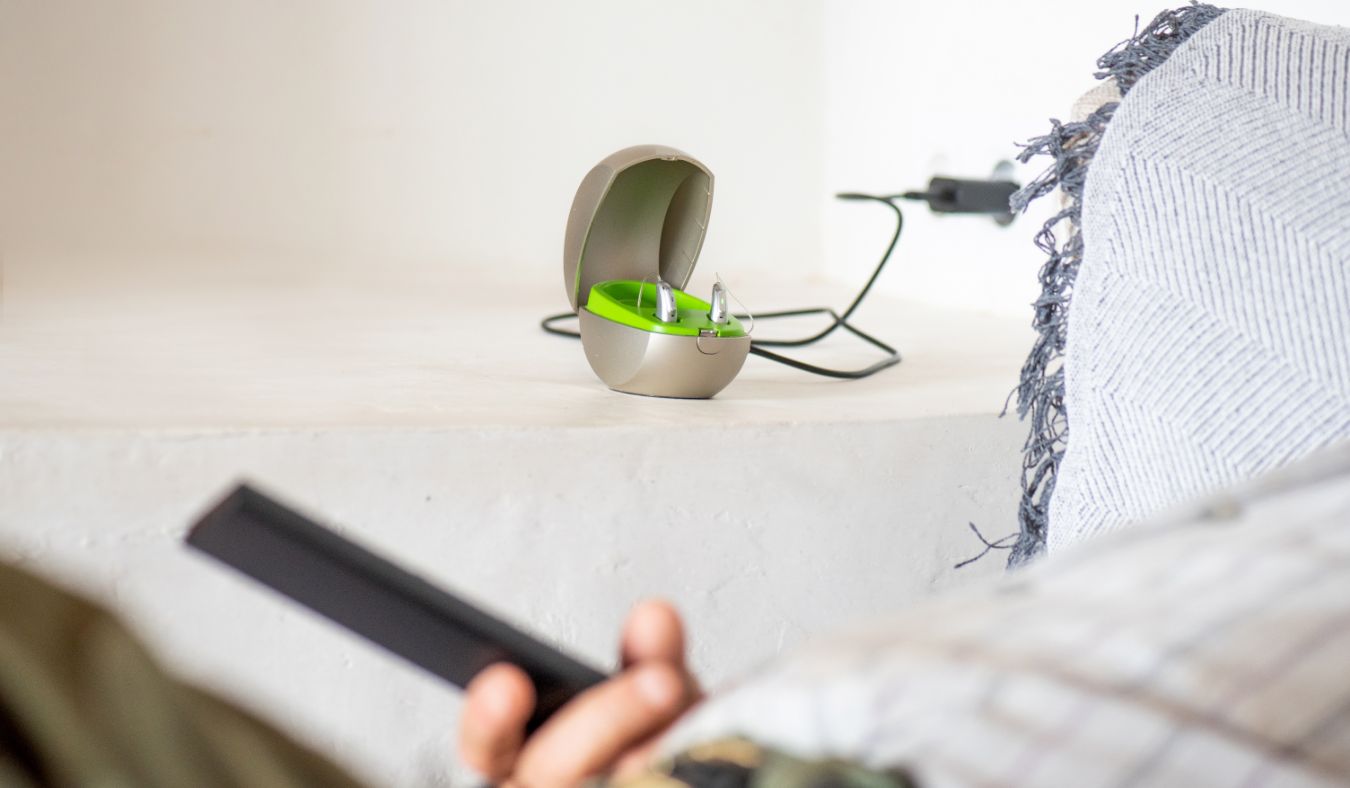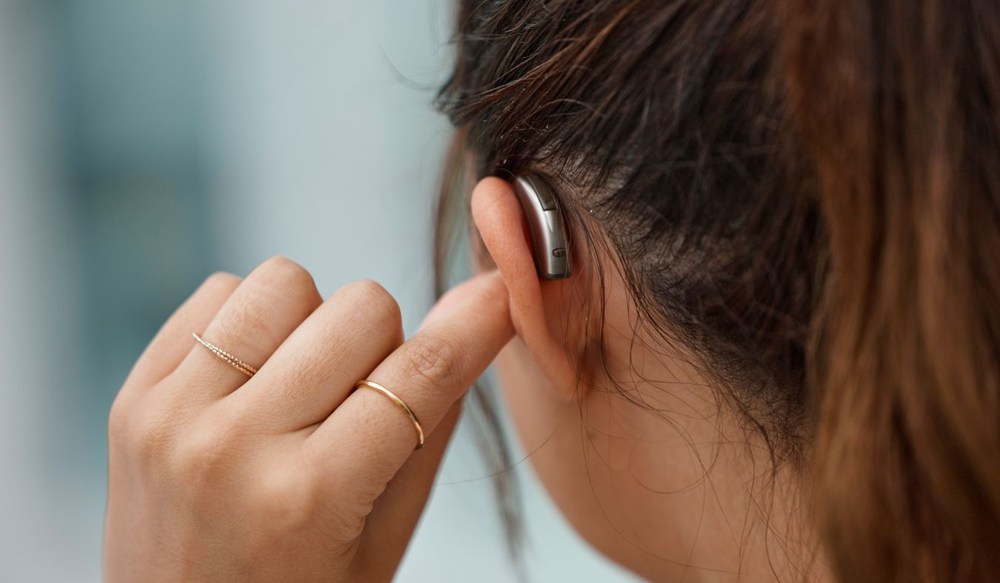How Smart Hearing Aids Automatically Adjust to Your Environment
Think about how many different places you go in a single day and how the


Think about how many different places you go in a single day and how the

Communication happens constantly throughout your day, often without you